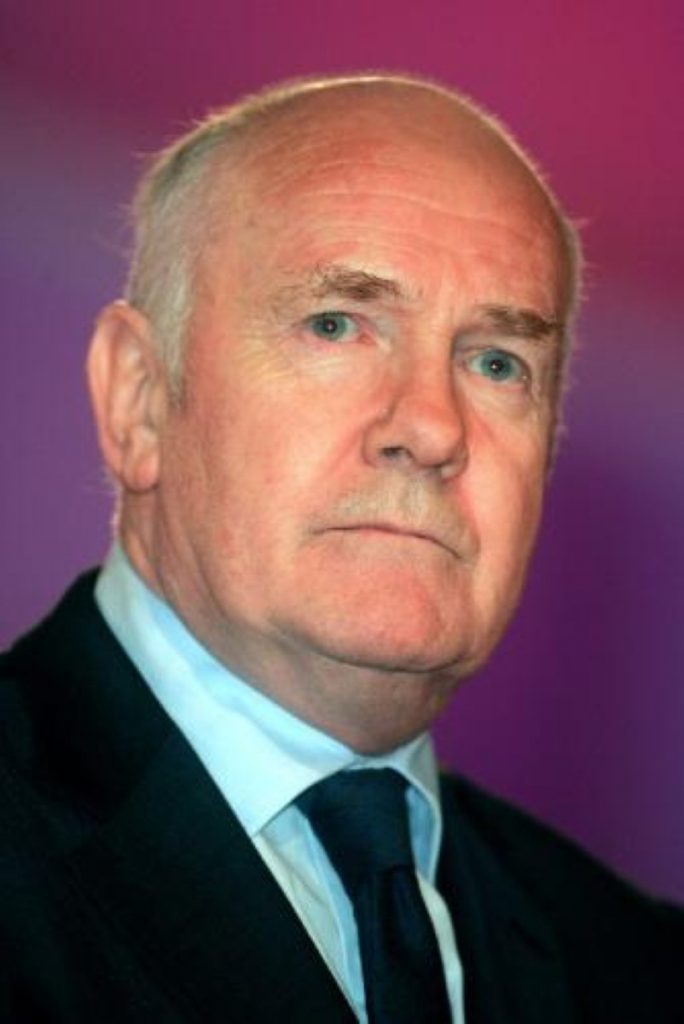Reid unveils major Home Office reforms
The number of staff working at Home Office headquarters will be cut by 3,300 as part of a major overhaul of the department and its functions, John Reid has announced.
The home secretary said this would see an “unprecedented move” of staff to frontline services by 2010 as the Home Office was reformed around its key aim – to protect the public.
Mr Reid also announced the Immigration and Nationality Directorate (IND) would be turned into an executive agency with new performance targets and clear lines of accountability.
These targets would clear up the IND’s caseload on failed asylum applications, estimated at up to 280,000, within five years, rather than the predicted 25.


The central staff at the National Offender Management Service (NOMS) would also be cut by 50 per cent by 2010, he said. All these changes are expected to save the government £115 million a year by the end of the decade.
“We are determined to deliver a confidently-led and well-managed Home Office which offers high quality service to protect the public and better meet their expectations,” the home secretary told the House of Commons this lunchtime.
The chances come after Mr Reid last month declared the Home Office “not fit for purpose”, and insisted a radical overhaul of all its functions, processes and aims was needed to address the modern challenges of mass migration, globalisation and terrorism.
He was speaking after the foreign prisoners scandal, which led to the sacking of his predecessor, Charles Clarke; concerns about an increase in illegal immigration; reports of dangerous prisoners being released or placed in open jails; and rows over lenient sentences.
Today’s reforms introduce six new objectives to guide the department’s work – protecting against terrorist attack, cutting crime, making people feel safer, rebalancing the criminal justice system in favour of the victims, managing offenders and securing borders.
Mr Reid admitted that reforming the Home Office, which included changing the “culture, skills, systems, processes and data” at the department “will not be an easy task”.
“It will require determination and above all endurance. This is the unglamorous task of delivering good governance,” he concluded.
Shadow home secretary David Davis welcomed many of the proposals, although he expressed concern that creating a new agency for the IND would reduce cooperation across the Home Office, and reduce ministers’ accountability for immigration decisions.
And he questioned why it had taken the government nine years to deal with problems which in the last three months had become a “catastrophe”, laying the blame squarely on ministers.
“The Home Office is a department in severe crisis as a direct result of government policy. The failures are multiple, they are massive and they will have a serious impact on the public,” Mr Davis said.
“We all hope the measures announced by the home secretary succeed, but even if they do they are unlikely to resolve the problems of the size his department faces.”









